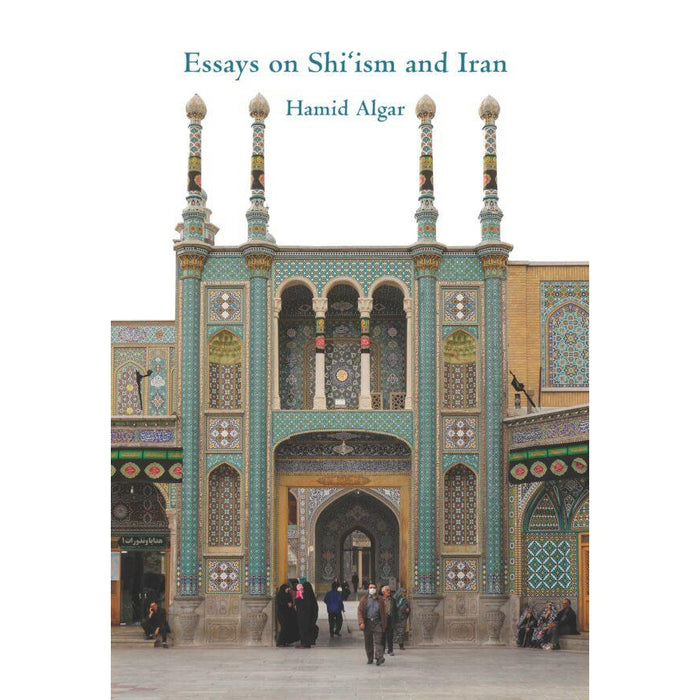
Publisher:
- Regular
- $19.99
- Sale
- $19.99
- Regular
- $19.99
Sold Out
- Unit Price
- per
Tax included.
Shipping calculated at checkout.
Liquid error (sections/quickview line 132): product form must be given a product
Liquid error (snippets/snip-product-variants line 28): product form must be given a product

















































































